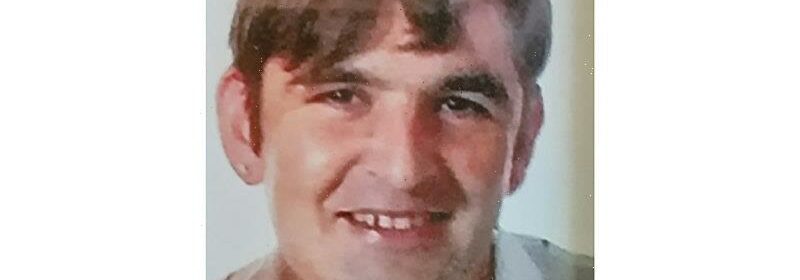Coroner probes obese Indigenous prisoner’s death

When Michael Suckling was jailed for driving a car that killed his friend he weighed 82 kilograms.
Three years later, after suffering poor mental health and being medicated for severe pain due to injuries suffered in the crash, the 41-year-old Aboriginal man died in his cell weighing 199 kilograms.
Michael Suckling gained 117 kilograms between 2018 and his death in custody in 2021, the Coroner’s Court heard.
A coroner is investigating the circumstances leading up to the March 2021 death and the quality of healthcare given to Suckling, in an inquest in Melbourne that began on Friday.
Suckling grew up in Gippsland and worked as a plasterer. He was in a relationship with his childhood sweetheart and had two children. However, drugs later wreaked havoc on his life, counsel assisting, Sharon Lacy, told the Coroners Court.
On January 6, 2018, Suckling was driving a car that crashed at Castlemaine, killing one of his friends and injuring another. He was convicted for this and sentenced to 10 years in prison.
Suckling was hospitalised after the crash and suffered injuries including rib and spinal fractures.
Lacey said he entered the prison system in a great deal of pain.
He struggled to move around due to his injuries, was medicated for the pain and also suffered from depression and post-traumatic stress disorder.
Suckling was moved from the Metropolitan Remand Centre to Port Phillip Prison and transferred to Ravenhall about seven months before he died.
Lacy said that between 2018 and his death in 2021 he had gained 117 kilograms and was considered morbidly obese.
His body was found by his cellmate on March 7, 2021, after the morning headcount. He died from an enlarged heart connected to his obesity.
Lacy said the inquest would consider why his heart stopped and the circumstances leading up to his death.
“The inquest will hear evidence in relation to the excessive and rapid weight gain Michael experienced in the three years he was incarcerated,” she told the court.
She said the quality of care, treatment and supervision of Suckling in custody would be investigated, as recommended by the Royal Commission into Aboriginal Deaths in Custody.
Lacy said the evidence would reveal important philosophical and structural questions about rights, freedoms, and responsibilities of prisoners and custodians, “including, what responsibility does the government, the prisoner operator and the prison health provider each have to intervene to stop a prisoner from eating themselves to death?
“Are the entities breaching a prisoner’s human rights if they try to stop it or intervene in their canteen buyer? Are they providing insufficient care if they don’t intervene?
“And further, what does the equivalency-of-care principle look like for an Aboriginal man who has complex health issues, is obese, increasingly unwell and suffers from both mobility and mental health issues.”
The inquest before coroner Leveasque Peterson continues.
AAP
The Morning Edition newsletter is our guide to the day’s most important and interesting stories, analysis and insights. Sign up here.
Most Viewed in National
From our partners
Source: Read Full Article
